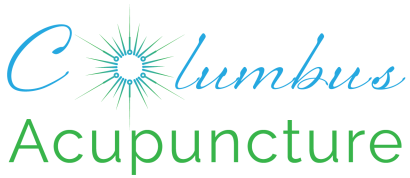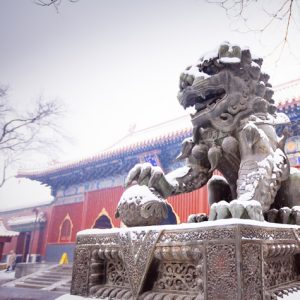
2520 California St, Ste G
Columbus, IN 47201(812) 374-4518
- Monday9am-4pmTuesday9am-5pmWednesdayclosedThursday9am-5pmFriday9am-5pmSatclosedSunclosed
-
Latest Articles:
- • Add These 10 Immune-Boosting Foods to Your Fall Diet •
- • Keep Your Skin Healthy and Glowing with these Fall Skincare Tips •
- • Beat End of Year Burnout with these Fall Self-Care Rituals •
- Sign up to receive news and updates and get my free report:“The Top 10 Reasons to Try Acupuncture”

Uncategorized
Acupuncture and the Season of Winter
 The ancient Chinese developed a system of medicine thousands of years ago and that system is still used around the world today. This system incorporates more than just medicine though. Traditional Chinese Medicine practitioners also educate their patients on how the seasons affect the body and ways to stay healthy. This will ultimately lead to a long, healthy life.
The ancient Chinese developed a system of medicine thousands of years ago and that system is still used around the world today. This system incorporates more than just medicine though. Traditional Chinese Medicine practitioners also educate their patients on how the seasons affect the body and ways to stay healthy. This will ultimately lead to a long, healthy life.
Traditional Chinese Medicine teaches that humans should live in harmony with the seasons. According to TCM there are five seasons – winter, spring, summer, late summer and fall. Each season has many associations that help us change our habits allowing for a more balanced mind and body. When these systems were being developed, people were living in harmony with nature. People rose with the sun, ate what was available during the different seasons and they were much more aware of their natural environment. What to wear, when to wake up, when to go to sleep and what activities to engage in were all dependent on the weather and the environment. Because of this, people were capable of staying healthy throughout the year and their immune and organ systems were strong enough to ward off disease.
In this system, the season of winter is a time of repair and rejuvenation. Winter is associated with the kidneys, which hold the body’s fundamental energies. Harmonizing with the seasons will help the body stay healthy and prepared for each succeeding season. Rest is important for revitalizing the kidneys and this is why some animals hibernate during the winter months. Winter is also a really good time to turn inward and do some reflection. This is why practices like tai chi, qi gong and yoga can be very beneficial during the winter season. These practices help us connect to our inner selves, while supporting the kidney energy. These practices help relax the mind and calm our emotions.
Winter is also associated with ears in this system. Our ability to hear is related to the health of our kidneys. The stillness of the winter months allows us to hear the world more clearly and forces us to slow down. The bones are also associated with winter, which means that it is important to tonify and heal any orthopedic problems during these months.
There are many foods that are beneficial to eat during the winter season. These foods should be the ones that naturally grow during this season. Food items like squash, potatoes, root vegetables, winter greens, cabbage, carrots, apples, pears and mushrooms are all examples of things that should be incorporated into the daily diet during the winter months. Also warming foods such as soups and bone broth are highly recommended. There are foods that specifically target and nourish the kidneys too. These foods include black beans, kidney beans, lamb, walnuts, chicken, dark leafy greens and black sesame seeds. It is recommended to cook items for longer periods of time, on lower heat and with less water, as the food should be warming as well as nourishing.
When we align ourselves with the natural processes of life and the seasons, our bodies will adjust and perform optimally, just as they are intended to. This is how we are supposed to live and can quite possibly be why there is so much more disease now than in the past. So to be the healthiest you possible, learning to take cues from the seasons might just be the best suggestion ever.
Acupuncture and Digestion
 A 2015 study published by the World Journal of Gastroenterology seeks to explain the connection between acupuncture and the regulation of gastrointestinal function. The study starts by explaining that in China acupuncture has been an effective form in battling gastrointestinal dysfunction diseases for thousands and thousands of years. Despite this information, there has not been enough review and academic writing on the topic, that is why this study looks to prove and explain the true extent of the connection between digestion and acupuncture.
A 2015 study published by the World Journal of Gastroenterology seeks to explain the connection between acupuncture and the regulation of gastrointestinal function. The study starts by explaining that in China acupuncture has been an effective form in battling gastrointestinal dysfunction diseases for thousands and thousands of years. Despite this information, there has not been enough review and academic writing on the topic, that is why this study looks to prove and explain the true extent of the connection between digestion and acupuncture.
Some promising results were found from this study. It was found that acupuncture indeed has the potential to treat gastrointestinal disorders by specifically regulating the motility of the gastrointestinal system. It is known that different acupuncture points produce different results throughout the body, the study also accounts for this, but emphasizes more work must be done in the future to explain the specif effects that every point supplies.
This is an area that needs to be reviewed more systematically by scientists in the future, but it does indeed show that there is evidence that acupuncture helps with gastrointestinal function. And an even wider ranging statement is made at the end of the study stating that the beneficial effects acupuncture creates could be due to specific pathways and transmitters within the nervous system.
Sources: http://bit.ly/2fs2nIE
Ways to Balance Your Sleep Cycle
Insomnia is a growing problem in the Western world. Recent polls show approximately 60 million Americans suffer from some sort of insomnia and nearly nine million of those take a prescription sleep aid. Wow. These numbers are far too high and even though there are lots of alternative and natural methods to fight insomnia, more and more people are going to the doctor to get a prescription. The drawback? Most prescription medications have numerous and sometimes deadly side effects. So let’s look at some ways to get the sleep cycle back on track without turning to prescription medications.
Five Ways to Alleviate Insomnia
Insomnia is a phenomenon almost everybody experiences at some point in their life. And most of us don’t know how or why it happens. Insomnia is defined as difficulty falling asleep, despite being tired. Combatting insomnia may be easier than you think. Here are five simple ways to fall asleep faster and stay asleep all night.

1. Turn off your phone
In today’s society, we are almost surgically attached to our phones, iPads, laptops, etc. And while the devices keep us informed and connected, they are also harm us when it comes to our sleep. Smartphones and other gadgets emit blue wavelengths. These wavelengths suppress the production of melatonin in our bodies. Melatonin is a natural hormone that makes you feel sleepy. Also, the light given off by your devices can actually stimulate the mind, thus causing poor sleep. So as hard as it may be, buy a regular alarm clock and turn off the phone.
2. Keep a sleep schedule
Sleep is just as important to proper health as eating healthy-wholesome foods. In other words, make sleep a priority. You don’t have to give up dinner with friends or that periodic concert, but staying out late every single night will eventually take its toll. Make a sleep schedule and do your best to stick to it. Lack of sleep has been proven to increase blood pressure, depression, weight gain and stress. Why do this to yourself when you don’t have to? Once you set your sleep schedule, your body will react favorably.
3. Meditation
How many of us groan when we hear the word “meditation”? Meditation really isn’t difficult but people constantly tell themselves it can’t be done because they can’t shut off their minds. But what most people don’t realize is the goal of meditation is not turning off your mind or your thoughts. Meditation helps you cope better while telling your sympathetic nervous system to relax. When the thoughts come in, you should acknowledge them but do not dwell on them. That’s what meditation helps you do. And there are many different types of meditation. For beginners, guided meditation tends to work best because you are listening to somebody guide you through the journey. Why not give it a try?
4. Bedtime Yoga
Yoga is an ancient Indian practice that combines physical exercise, mental clarity and spiritual beliefs all rolled into one discipline. Bedtime yoga poses are very low-key and quite simple. Utilizing yoga just before going to bed can signal to your brain that slumber time is approaching. Poses such as forward bends, happy baby pose, cross-legged bends and corpse pose all have been shown to help the body prepare for restful sleep. Also for those who are a little more skilled, inversion poses like shoulder stands can help alleviate stress and calm the mind.
5. Acupuncture
Really? Getting poked with needles will help me sleep better? The simple answer is YES! Acupuncture works with your own body to help bring it back into balance. If you have stress, you have an imbalance. Acupuncture needles are strategically placed on points that will calm the mind, balance hormones and settle the nervous system. Most people will notice some change after just one treatment, but to get the full effect and truly eliminate insomnia, you should commit to several treatments. And always seek out a properly trained and fully licensed acupuncturist to get the best results.
There are many other ways to fight insomnia too, but these are some of the best. Give these five methods a try and then focus on the ones that resonate with you. Over time, your body and mind will thank you and there won’t be any harsh side effects…just good sound sleep. Sweet dreams!
Why am I so TIRED . . . and how to fix
A very common complaint that acupuncturists hear from our patients is that they constantly feel tired. Sometimes this fatigue is related to lack of sleep, but sometimes no amount of rest seems to alleviate the sleepiness.
From an acupuncture and Chinese Medicine perspective, there are numerous imbalances in our bodies that can cause the constant fatigue. Here are some of the most common imbalances that can lead to fatigue, lethargy, lack of energy and motivation, and tiredness.

Your energy is weakened or struggling
Simply put, when systems in our body are compromised (through illness, heredity, stress, or lifestyle choices), they can’t produce the abundance of good, positive energy our body (and mind) needs to function. Many different systems in our body can produce a feeling of fatigue when they are weakened. When the Qi or our Spleen and Lungs is compromised, we often feel like we don’t have enough energy to get through the day. This sort of fatigue often improves with good sleep, hygiene and a healthy diet. When our Liver Blood energy is weakened (through overwork, poor sleep, poor diet, illness, or excessive bleeding), the fatigue we experience is hard to shake. We may feel restless, and have a hard time falling asleep even though we are tired. This type of fatigue is improved by eating more dark leafy greens and more organ meats, to nourish the blood energy. A deficiency of either Kidney yin or Kidney yang – our two most fundamental energies – can also result in fatigue. This kind of fatigue manifests as true exhaustion. It is very important to give yourself ample time to rest, to recover from this type of tiredness. Dietary changes, as well as herbal medicine, can also be very helpful.
Your energy is stuck.
Fatigue does not always stem from a weakness in your body’s energy. Sometimes fatigue comes from energy not moving properly. Health, in Chinese Medicine, is all about the smooth flow of energy through the body. When something alters that smooth slow – illness, injury, trauma, stress, poor lifestyle choices, etc – fatigue can be a result.
When your body’s energy is not flowing the way it should be, your body actually has to exert a lot more energy to keep you running well. The kind of fatigue that comes from Qi Stagnation (energy not flowing well) can present as a fatigue that is actually better with exercise or movement. It is the kind of fatigue that makes it really hard to get to the gym, but completely disappears once you complete your work-out. Qi stagnation fatigue can make us feel “tired but wired,” and can also be closely related to feeling overwhelmed or run down by stress.
This sort of fatigue is helped by exercise, movement, and stress-reduction techniques.
You are damp.
Dampness is a concept somewhat unique to Chinese Medicine – it refers to an abnormal processing of fluids in the body. Dampness can “lodge” itself in many different areas, and as such, can lead to numerous symptoms. When dampness is pervasive throughout the whole body, usually one experiences a kind of constant fatigue – this can be both physical and mental. Patients who are tired from dampness describe feeling “sluggish,” “heavy,” or “fuzzy.” This kind of fatigue is greatly improved by making dietary changes, such as reducing the intake of dairy, cold temperature or raw foods, and greasy or fried foods. Dampness is also helped by regular exercise – which helps to break through that sluggishness, and also trying to remove yourself from damp environments.
In all of these situations, acupuncture and Chinese Herbal Medicine can be a huge help. Acupuncture and herbs focus on creating balance in the body to restore energy and vitality, rather than giving you false energy like coffee or an energy drink. You don’t deserve to be tired all the time – the combination of diet, lifestyle changes, and Chinese Medicine can get you back on the road to health, vitality, and feeling great!



